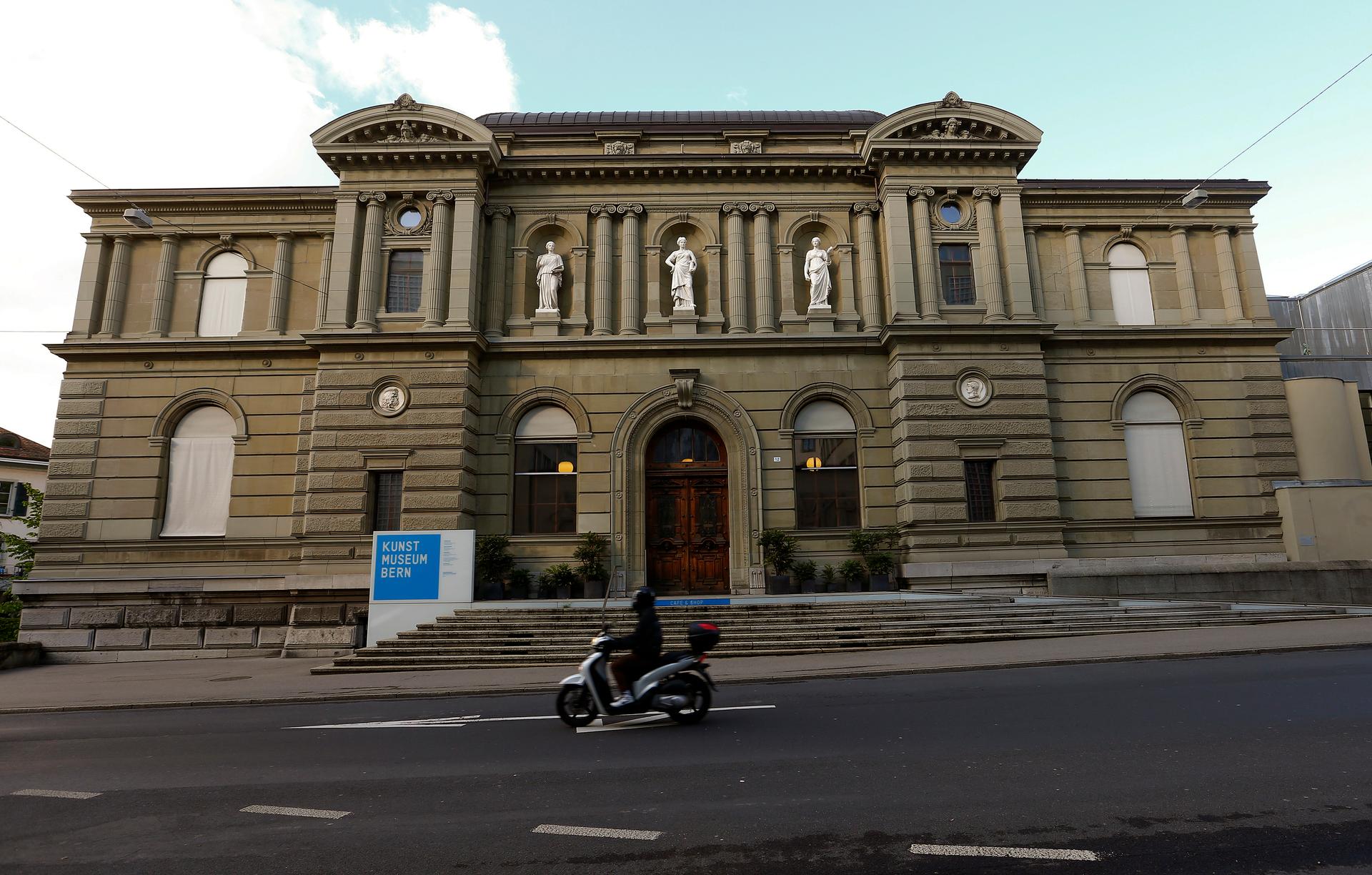German recluse has left his Nazi-era hoard of art to a Swiss museum
The Kunsmuseum Bern art museum in the Swiss capital of Bern was named as the sole heir of Cornelius Gurlitt.
Remember the vast treasure trove of suspected Nazi-looted art found in an old man's apartment in Germany a couple years ago?
That man, Cornelius Gurlitt, was the son of an art collector who worked for the Nazis.
For decades, he'd stashed more than a 1,000 artworks he inherited inside his cluttered Munich apartment.
German authorities are still investigating to determine whether any of the art was in fact looted by the Nazis.
But the case took a further twist Tuesday. Cornelius Gurlitt died at the age of 81.
Wall Street Journal European arts reporter, Mary Lane, says when Gurlitt’s death was announced, many Germans were unsure what the fate of his treasure trove of art would be, or whether Gurlitt even had written a will.
Wednesday it was released that not only did he have a will, but that he planned to give all the artwork to a relatively small museum in Switzerland, the Kunstmuseum in Bern.
“The decision took the museum by surprise because when I called them they were totally flabbergasted and trying to figure out what was going on," Lane says. "Then they confirmed it with Gurlitt's legal guardian that they were now in fact the heirs to this 1,400-strong treasure trove of art."
Lane says the bequest represents a dilemma for the museum.
"The idea of being able to have this many works of art which many scholars have never seen in the history of the works' existence is a dream come true for art historians," she says.
Lane adds that scholars are always looking for new material and fodder for research. But at the same time, "they haven't fully established how these artworks came to be in this collection, and it all raises the question of whether researchers would be finding joy in researching works that had actually been ripped out of a Jewish family's home during the Holocaust," she says.
For its part, the Kunstmuseum Bern in Switzerland said it was "surprised and delighted'' that it was named in the last will of the late German art collector Cornelius Gurlitt.
"At the same time, (we) do not wish to conceal the fact that this magnificent bequest brings with it a considerable burden of responsibility and a wealth of questions of the most difficult and sensitive kind, and questions in particular of a legal and ethical nature."
Our coverage reaches millions each week, but only a small fraction of listeners contribute to sustain our program. We still need 224 more people to donate $100 or $10/monthly to unlock our $67,000 match. Will you help us get there today?
